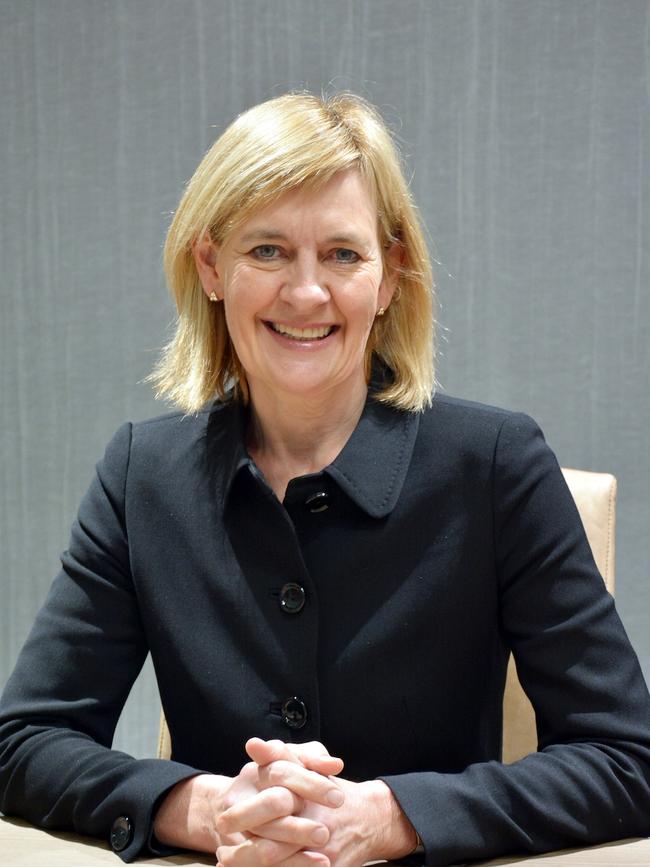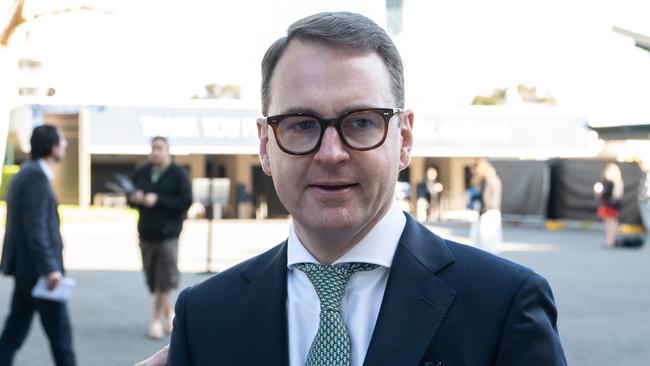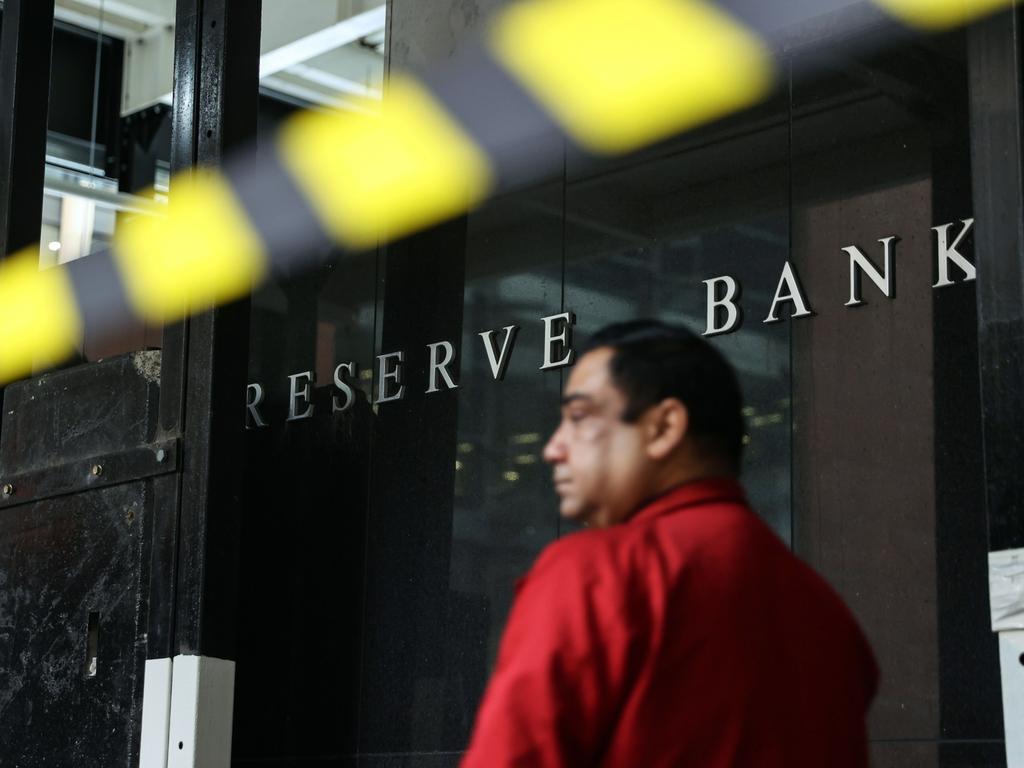Ousted PwC partner Peter Collins in the sights of regulator
ASIC’s deputy chair says the regulator has the power to take action against any PwC staff who comes under the Australian Financials Services Licence regime.

The corporate regulator is considering taking action against PwC Australia’s former head of international tax, Peter Collins, as it scrutinises the firm’s use of confidential government tax briefings.
Appearing before a Senate inquiry on Friday, the Australian Securities and Investments Commission deputy chair Sarah Court said ASIC had scrutinised what powers it had to take action over the tax scandal.
Ms Court said ASIC was empowered to take action against PwC staff who came under the Australian Financial Services Licence (AFSL) regime and as many as 160 staff and partners could be targeted.
As previously revealed in The Australian, ASIC opened a file on the PwC case after parliament published a dossier of 144 pages of emails showing partners and staff at the firm knowingly sharing confidential tax briefings.
Ms Court told the Senate committee ASIC was looking at Mr Collins as well as “any others that may have been involved in relation to the alleged conduct”.

PwC handed a list of 63 names to a separate Senate committee, but urged they not be published.
The Senate has declined to reveal the names, due to concern it may endanger an Australian Federal Police and Tax Practitioners Board investigation into the firm.
The Senate heard PwC had one corporate vehicle which held an AFSL – PricewaterhouseCoopers Securities Limited – for which Mr Collins was an authorised representative.
“ASIC’s jurisdiction in relation to Mr Collins in his individual status arises because of the possibility that he has previously been an authorised representative through the period of the misconduct of concern,” Ms Court said.

In a letter to the Senate committee, ASIC markets enforcement executive director Melissa Smith said the regulator had not found “information to indicate that the alleged misconduct occurred in connection with the provision of financial services”.
Ms Smith noted while Mr Collins had been an authorised representative of PwC, which could see it take action, the regulator had not received any information that indicated “misconduct occurred in connection with the management of a corporation”.
Ms Smith said the regulator was “seeking information about those individuals to understand to what extent they hold professional registrations administered by ASIC”.
However, Ms Smith noted ASIC had “no jurisdiction over the governance activity of partners of the big four consultancy firms”.

ASIC’s appearance before the Senate Committee comes after it delivered an interim report earlier in the week taking aim at the regulator over its engagement with an inquiry into its effectiveness.
Liberal Senator Andrew Bragg said ASIC was undermining the committee’s work and had engaged in “secrecy and obfuscation”.
But ASIC chair Joe Longo pushed back on the report, telling the committee there was “absolutely no evidence” to support the claims.
However, Mr Longo noted ASIC was bound by disclosure rules which require that “our current and future work is not adversely impacted through public disclosure”.

When tabling the report earlier in the week, Senator Bragg claimed ASIC was a weak regulator which failed to tackle insider trading “because ASIC will not prosecute you, you will not go to jail, you will not face a sanction”.
But Mr Longo said ASIC “has a strong and consistent record of insider trading convictions”, citing the recent prosecution of Big Un chief financial officer Andrew Scott Corner and the sentencing of Tesla Motors Australia’s Kurt Schlosser.
“Insider trading is an important priority for ASIC. We know it can undermine market integrity and public confidence in our financial markets,” he said.
“Deciding whether to prosecute insider trading is a serious matter, which requires us to determine whether there is sufficient evidence to substantiate a criminal legal action.”







